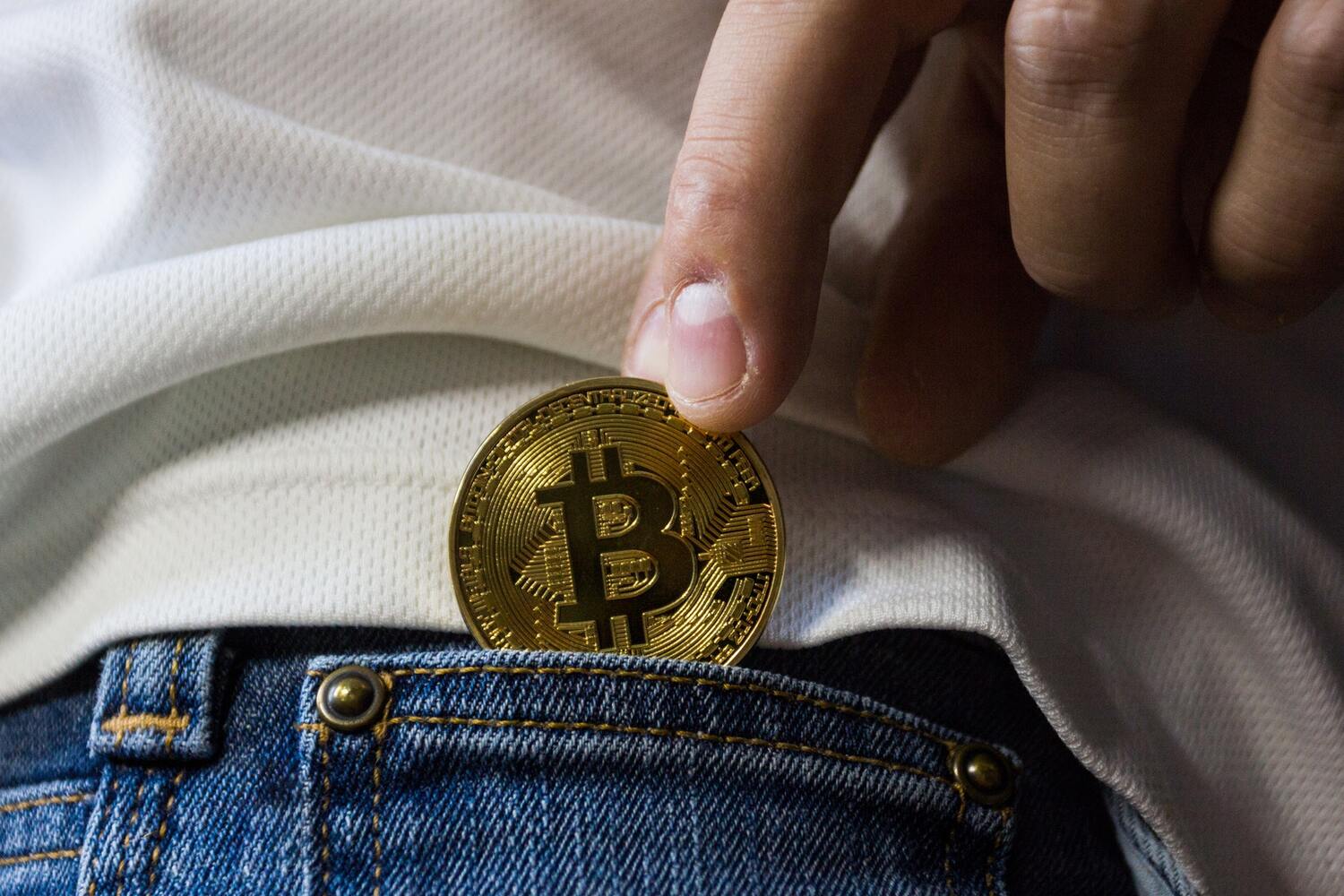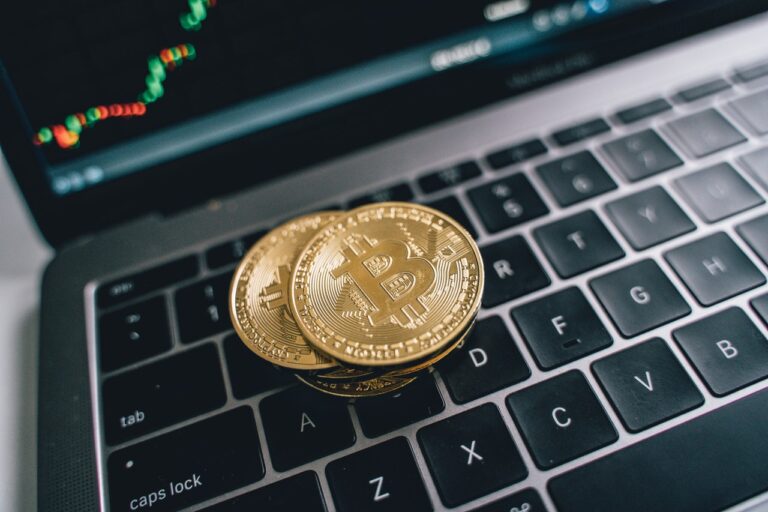3 Strategies to Save on Bitcoin Transaction Fees

Bitcoin is a decentralized digital currency based on blockchain technology with an overall value approaching $1 trillion. Currency can be exchanged without an intermediary like a bank or payment processor and there’s no central government or central bank in charge of creating new currency or affecting its value.
But that doesn’t make Bitcoin transactions free.
What are Bitcoin Fees?
There are two types of Bitcoin transaction fees and costs. Most exchanges and brokerages will charge a fee for trading Bitcoin (as they would charge a fee on any other trade), and on top of that there are also Bitcoin transaction fees.
How Do Bitcoin Transaction Fees Work?
When a Bitcoin transaction occurs, the network usually keeps a small percentage of the transacted amount.
Traditional bank or money transmitters might charge a fee on a transaction to help pay for the cost of maintaining the network, increase profit margin for the company, to protect against legal or reputational risk by working with the customers that are transferring money, or to cover the risk of having to reverse the transfer or have it not be accepted.
For Bitcoin, much of this does not apply — there’s no company that controls the network and the transfers are final and irreversible. So why are there Bitcoin transaction fees? The Bitcoin fees exist because the Bitcoin network is maintained by its users and because Bitcoin mining needs to be incentivized by the system itself.
Bitcoin miners, which are essentially networks of computers which power the network through “proof of work” (i.e. solving hard math problems), maintain the network and power through the transactions. The more computing power coursing through the network, mining new blocks of Bitcoin, authorizing, and authenticating transactions, the higher the Bitcoin hash rate. That’s a good thing, and to fund this, incentives are required.
Bitcoin miners are incentivized in two ways: they earn new Bitcoin through mining, and they earn transaction fees.
Why Do Transaction Fees Go Up and Down?
Transaction fees depend on several factors, but the most important one is the overall use of the Bitcoin blockchain. Basically, it’s a matter of supply and demand.
When there is a relatively large amount of computer power dedicated to mining a relatively small amount of Bitcoin transactions, fees go down.
When there are lots of transactions being initiated simultaneously, fees can go up, as the network can only process so many at any given time. Miners will work harder to authenticate and process transactions with higher fees.
3 Strategies to Save on Bitcoin Transaction Fees
There are ways to save on Bitcoin transaction fees. While you may not avoid them outright, these strategies may help you incur smaller fees.
1. Know What You’re Paying — or Will Pay
The first step to avoiding high Bitcoin transaction fees is to know exactly what they are. Websites like BitInfoCharts are dedicated to tracking Bitcoin transaction or transfer fees, and these fees are also a frequent topic of conversation and news coverage in the cryptocurrency-focused media. So it’s possible to keep track of fees and wait to do a transaction when the fees are lower.
2. Use a Wallet With a Set Fee
Bitcoin transactions happen through a crypto wallet — the software or hardware that allows you to store, send, and receive Bitcoin. Many popular, mainstream exchanges also have wallets and will calculate and pass on Bitcoin transaction fees.
There are a variety of wallets that allow you to set your own fee — though that can mean that a transaction you wish to make may not be prioritized or go through immediately. This may not be important to you if you’re doing a small number of transactions or just one transaction, but the option may be valuable if you’re looking to save on Bitcoin transaction fees.
3. Use the Lightning Network
Bitcoin transactions are slower and more expensive than many transactions that happen with fiat currency like U.S. dollars. To fix this, a group of developers created the Lightning Network, a protocol that sits on top of the blockchain and allows users to transfer Bitcoin much faster and with far lower fees than normal, “on-chain” transactions.
Using Lighting Network for transactions has not yet reached mass adoption in the Bitcoin community, largely because it’s more complicated and requires more technological know-how than typical transactions. However, for anyone with that know-how who’s doing frequent Bitcoin transactions or transfers that are time-sensitive, it may be an option to reduce Bitcoin fees.
The Takeaway
The problem of Bitcoin transaction fees is a long-lamented subject in the Bitcoin community. But the way the network is set up, these fees are a necessary evil. They incentivize miners to devote computer power to verify the transactions and keep the blockchain growing.
Ready to initiate your first Bitcoin transaction? With SoFi Invest®, you can trade dozens of cryptocurrencies including Bitcoin, Litecoin, Cardano, Dogecoin, Solana, Enjin Coin, and Ethereum.
Disclosures:
SoFi Invest®
The information provided is not meant to provide investment or financial advice. Investment decisions should be based on an individual’s specific financial needs, goals and risk profile. SoFi can’t guarantee future financial performance. Advisory services offered through SoFi Wealth, LLC. SoFi Securities, LLC, member FINRA / SIPC . SoFi Invest refers to the three investment and trading platforms operated by Social Finance, Inc. and its affiliates (described below). Individual customer accounts may be subject to the terms applicable to one or more of the platforms below.
1) Automated Investing—The Automated Investing platform is owned by SoFi Wealth LLC, an SEC Registered Investment Advisor (“Sofi Wealth“). Brokerage services are provided to SoFi Wealth LLC by SoFi Securities LLC, an affiliated SEC registered broker dealer and member FINRA/SIPC, (“Sofi Securities).
2) Active Investing—The Active Investing platform is owned by SoFi Securities LLC. Clearing and custody of all securities are provided by APEX Clearing Corporation.
3) Cryptocurrency is offered by SoFi Digital Assets, LLC, a FinCEN registered Money Service Business.
For additional disclosures related to the SoFi Invest platforms described above, including state licensure of Sofi Digital Assets, LLC, please visit www.sofi.com/legal. Neither the Investment Advisor Representatives of SoFi Wealth, nor the Registered Representatives of SoFi Securities are compensated for the sale of any product or service sold through any SoFi Invest platform. Information related to lending products contained herein should not be construed as an offer or pre-qualification for any loan product offered by SoFi Lending Corp and/or its affiliates.
Crypto: Bitcoin and other cryptocurrencies aren’t endorsed or guaranteed by any government, are volatile, and involve a high degree of risk. Consumer protection and securities laws don’t regulate cryptocurrencies to the same degree as traditional brokerage and investment products. Research and knowledge are essential prerequisites before engaging with any cryptocurrency. US regulators, including FINRA , the SEC , and the CFPB , have issued public advisories concerning digital asset risk. Cryptocurrency purchases should not be made with funds drawn from financial products including student loans, personal loans, mortgage refinancing, savings, retirement funds or traditional investments. Limitations apply to trading certain crypto assets and may not be available to residents of all states.
Third Party Brand Mentions: No brands or products mentioned are affiliated with SoFi, nor do they endorse or sponsor this article. Third party trademarks referenced herein are property of their respective owners.
External Websites: The information and analysis provided through hyperlinks to third party websites, while believed to be accurate, cannot be guaranteed by SoFi. Links are provided for informational purposes and should not be viewed as an endorsement.
Financial Tips & Strategies: The tips provided on this website are of a general nature and do not take into account your specific objectives, financial situation, and needs. You should always consider their appropriateness given your own circumstances.
SOIN0621258
This article is originally on SoFi.






